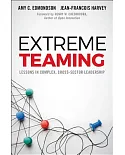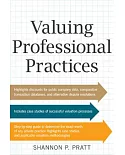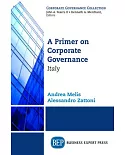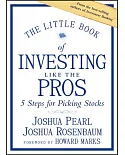Written in the middle of a global economic crisis, this book is about a better future. Patrick Callioni identifies and describes the major waves of change that are coming our way over the next
decade or so and then provides practical advice on what to do (or avoid doing) to benefit most or suffer least from what is to come. He describes some of the problems with the present regime of
regulation “We are regulating to catch the motes of dust floating in the air, rather than the beams that end up poking out the eyes of our financial markets” and suggests “regulation should
focus on rewarding the good, rather than punishing the bad”.
He also analyzes some of the behavior that helped to create the ‘Credit Crunch’ – “They took healthy debt – mortgage debt that was likely to be repaid – mixed it up with toxic debt –mortgage
debt not likely to be repaid – and then sold the debt on as prime, safe debt, creating untold damage”.
Then he presents the waves of change that are coming: the challenges of new technologies; the business opportunities opened by reactions to climate change; and demographic changes as workers
and managers are no longer predominantly baby boomers. He also warns of future signs of impending financial setbacks that should be avoided: “A financial crisis will occur only when the fuel is
there, in the form of an investment bubble”.
In his previous book, Compliance and Regulation in the Financial Services Industry, Patrick Callioni successfully predicted most of the course of the current economic downturn.
Over-regulation is as dangerous as under-regulation, so he proposes the creation of a federated network of trust. Throughout this exciting book, he emphasizes the increasing importance of
knowledge capital, value that is not captured by existing accounting standards, and in particular soft intangibles (knowledge assets, time assets, motivational assets etc) and he proposes
guidance on their measurement and profitable management.





















